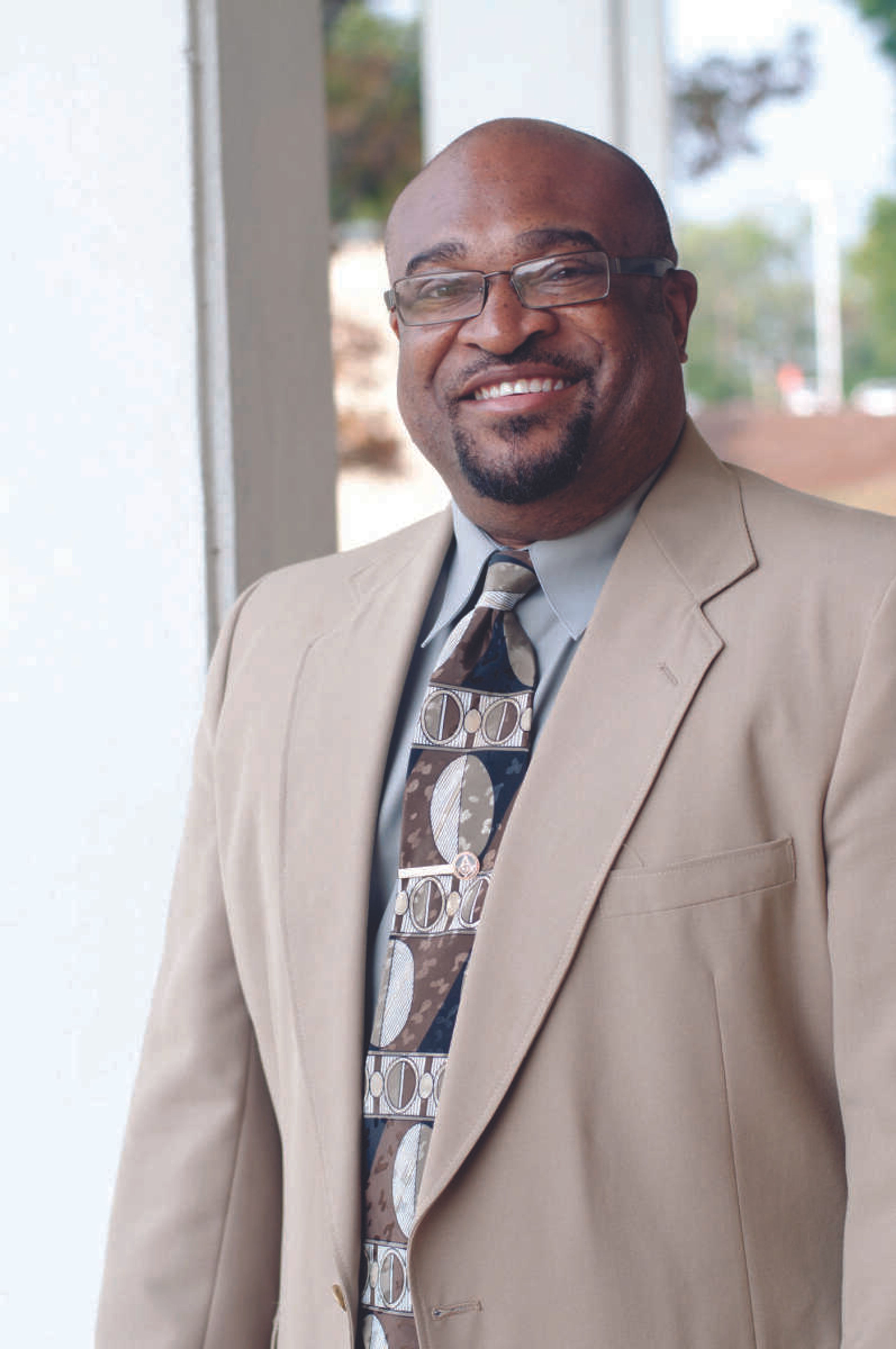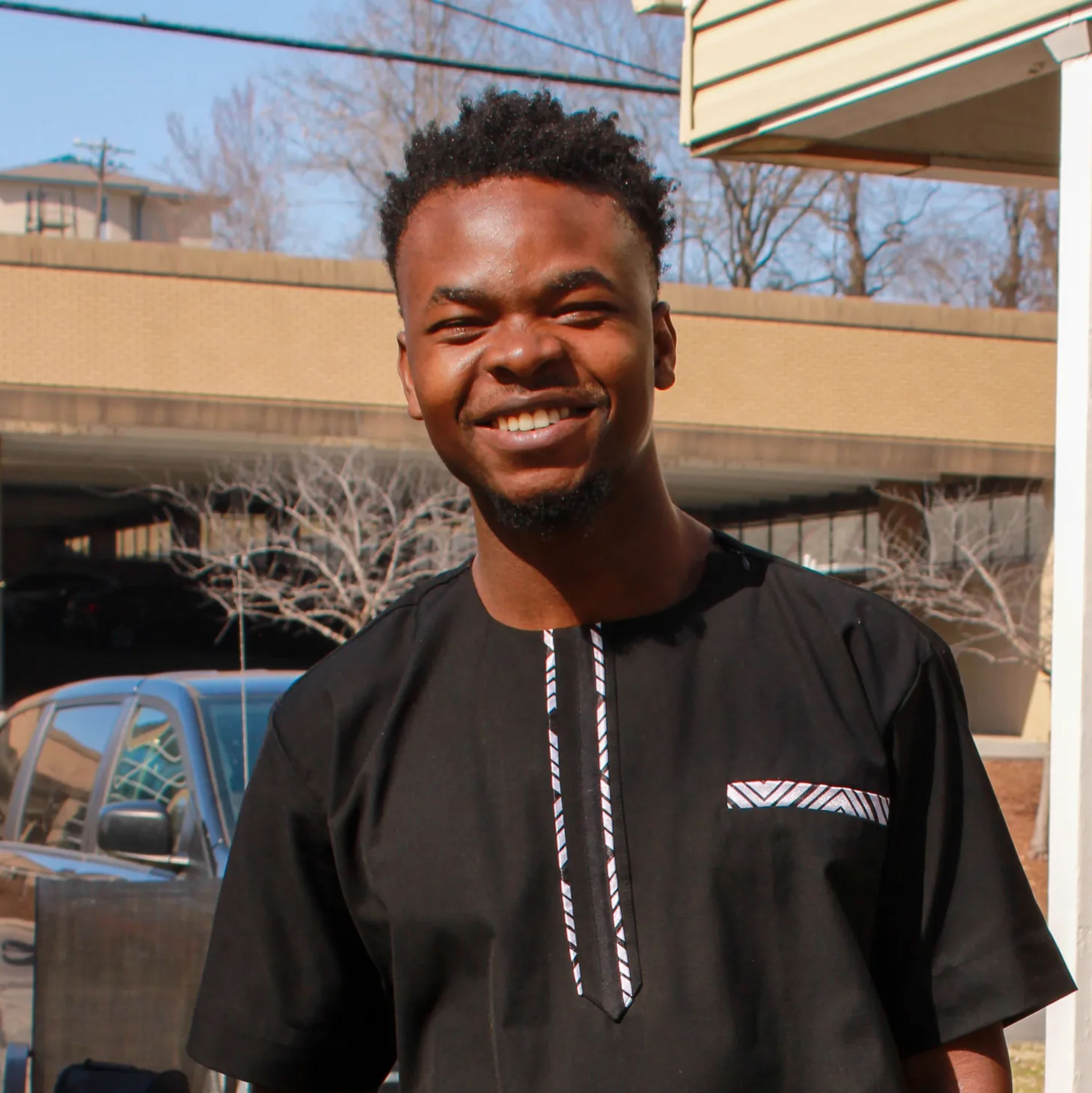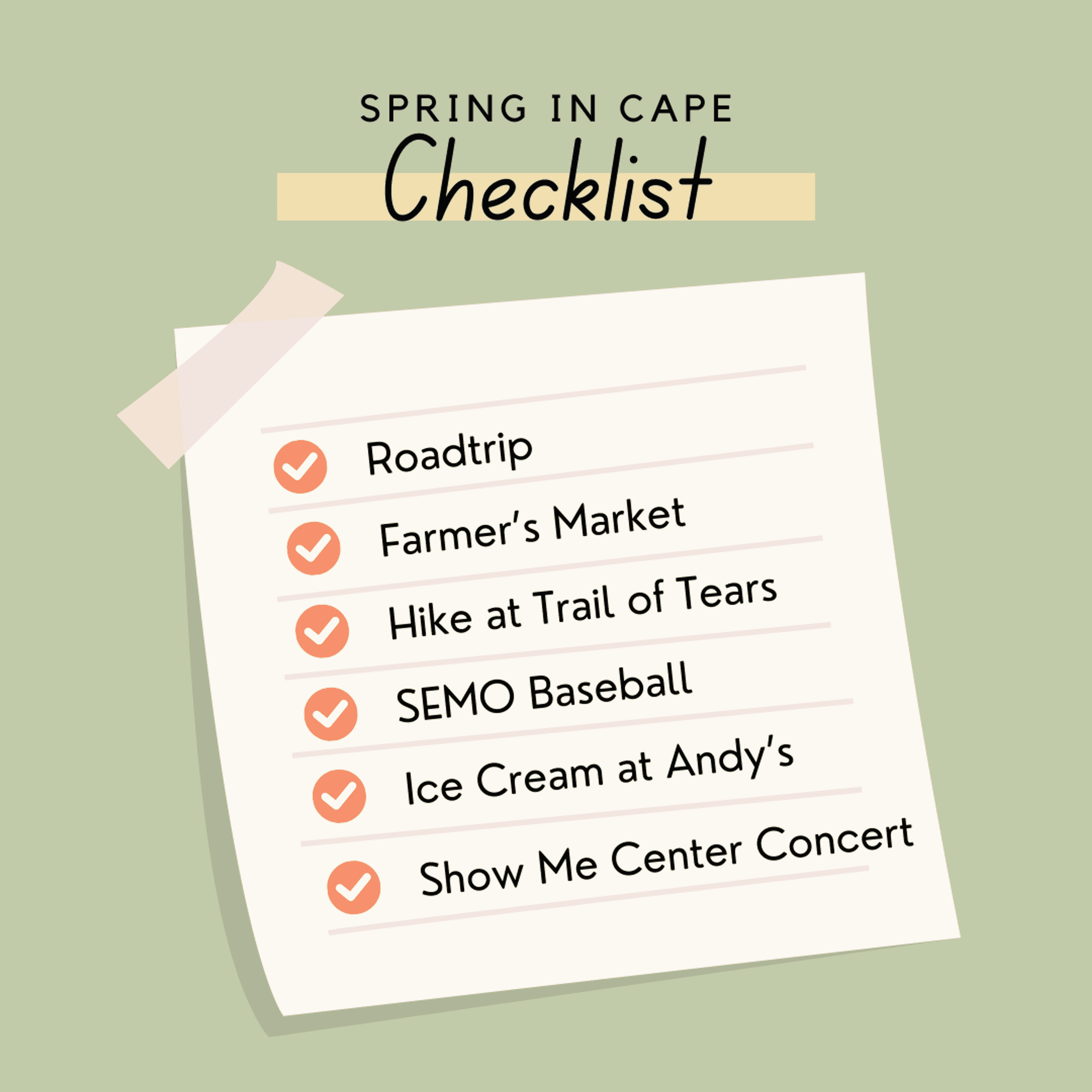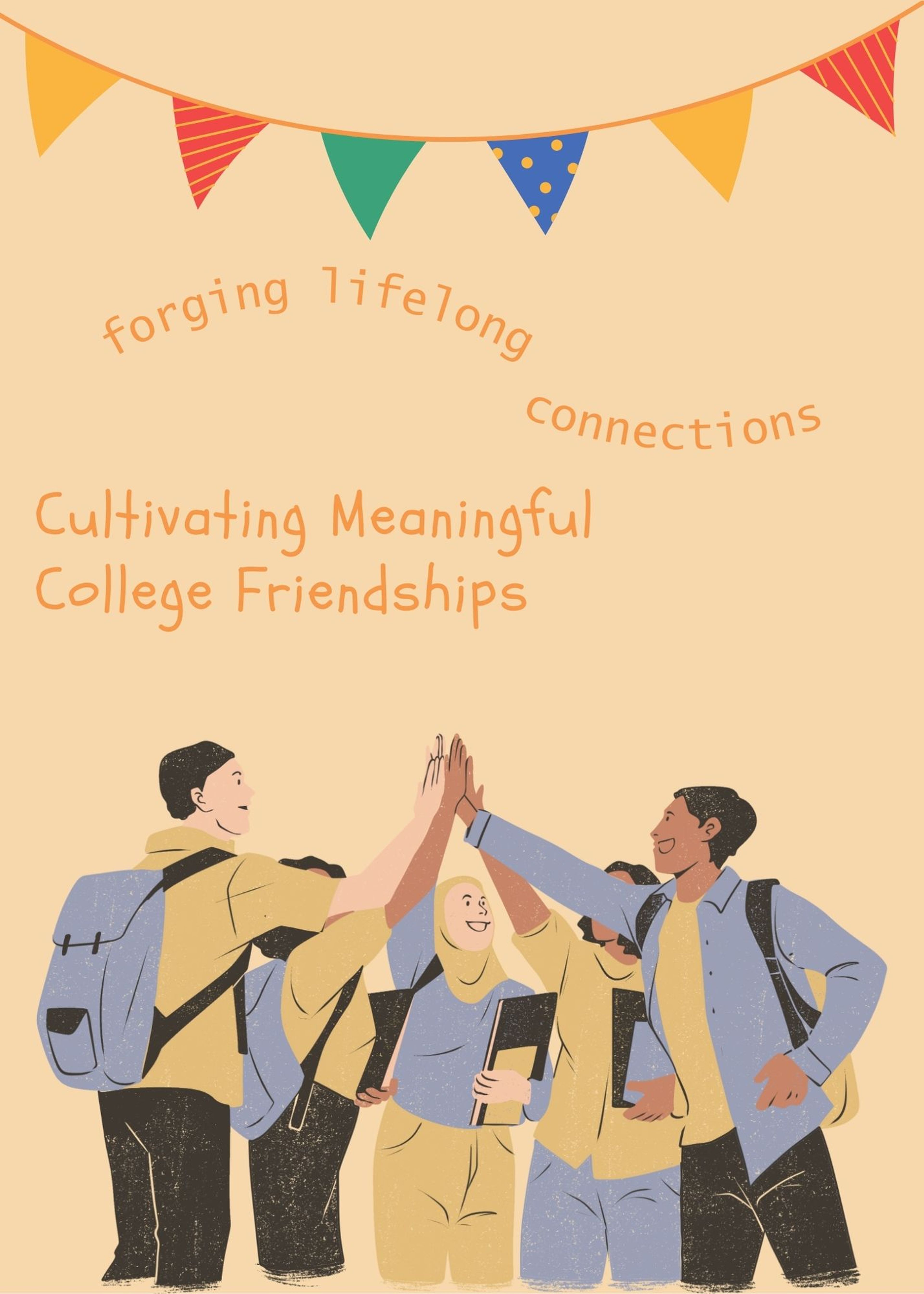Some may think domestic violence just means being physically abused. However, domestic violence includes anything from name-calling to being stalked.
According to Dr. Victor Wilburn, associate professor of child development and the program director for the VICTORY program at Southeast Missouri State University, domestic violence isn't limited to married couples, and anybody can become a victim. VICTORY is a program that promotes awareness about dating and domestic violence, sexual assault and stalking.
Wilburn said that one of the biggest signs for someone in an abusive relationship is isolation. Although he said that there was some expectation of isolation in a new relationship, if the person was known to be outgoing and then becomes completely isolated from their friends, it is a big warning sign.
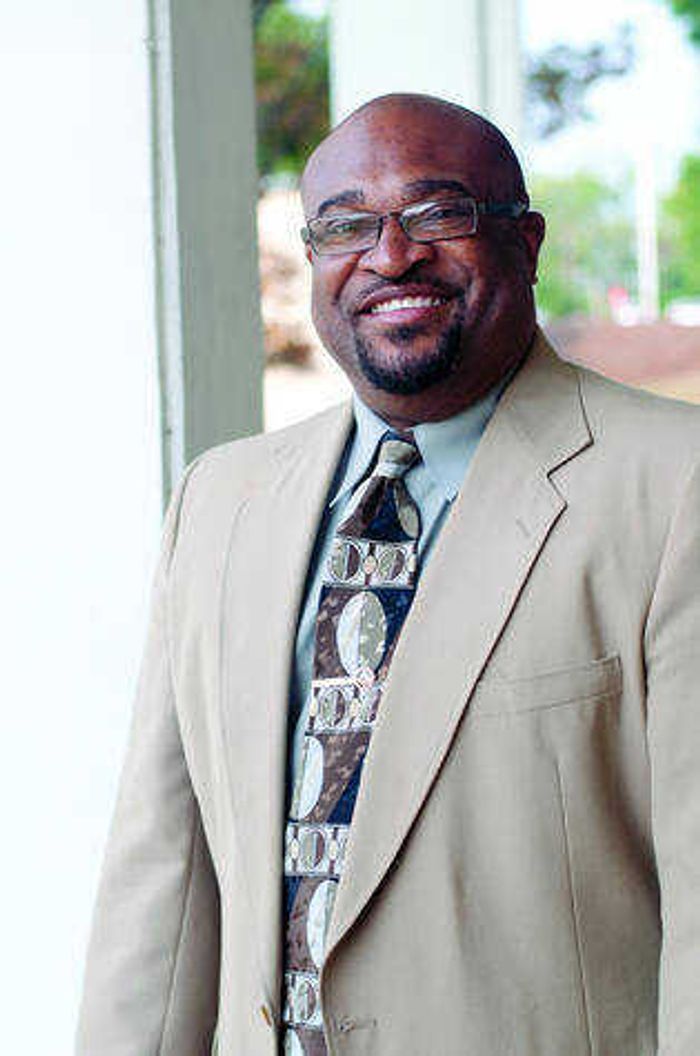
Although physical abuse is a much easier to spot than emotional or sexual, for those in a possible abusive relationship, there are warning signs to look for. Possessiveness, blaming, belittling and isolating a partner from friends and family are some signs to take note of if a person thinks he or she is in an abusive relationship, according to domesticviolence.org.
Wilburn and Allison Leonard, the director of operations for the Safe House for Women, both acknowledged that women are not the only possible victims.
"It's not random acts of violence," Leonard said, in reference to people being abused.
Wilburn also noted that the statistics for college athletes and fraternity members are shockingly lower than what is covered in national news.
"Eighty to 85 percent of attacks are by someone that the victim knows," Wilburn said. "One in four people have been a victim of domestic violence."
Leonard and Wilburn agree that the actual numbers of people reporting an attack is very low.
Leonard said that she believes this is because of a social stigma that is attached to reporting domestic violence. She also said the stigma could come depending on who a person's attacker is. For example, if an attacker is a well-known and a liked member of the community, the victim is more likely to be quiet about what has happened to them.
"We get a lot of hotline calls from students who don't necessarily want to report it," Leonard said.
According to Leonard, the Safe House receives phone calls from students not wanting to report their abuse but who want to see if there's another way to break their cycle of abuse. She said that although the Safe House does get phone calls from men who are in an abusive situation, they do not have a Safe House designated for them. But the Safe House does work with the men involved to try and find some sort of placement where they can be safe.
Leonard and Wilburn agree that something like domestic violence can be hard to talk about because it's such a "behind closed doors" situation. Leonard even noted that some international students at Southeast will refuse to report it since they are told to not talk about such things in their home countries.
Although the crime statistics for the Southeast campus are relatively low for domestic abuse and sexual assault, Wilburn said that there have been three reported cases this semester.
If you or someone you know is in an abusive relationship, there are ways to get out of it. Resources on campus include the Department of Public Safety or the VICTORY program. The Safe House for Women has a 24-hour hotline number, 1-800-341-1830, for those who need someone to talk to.
